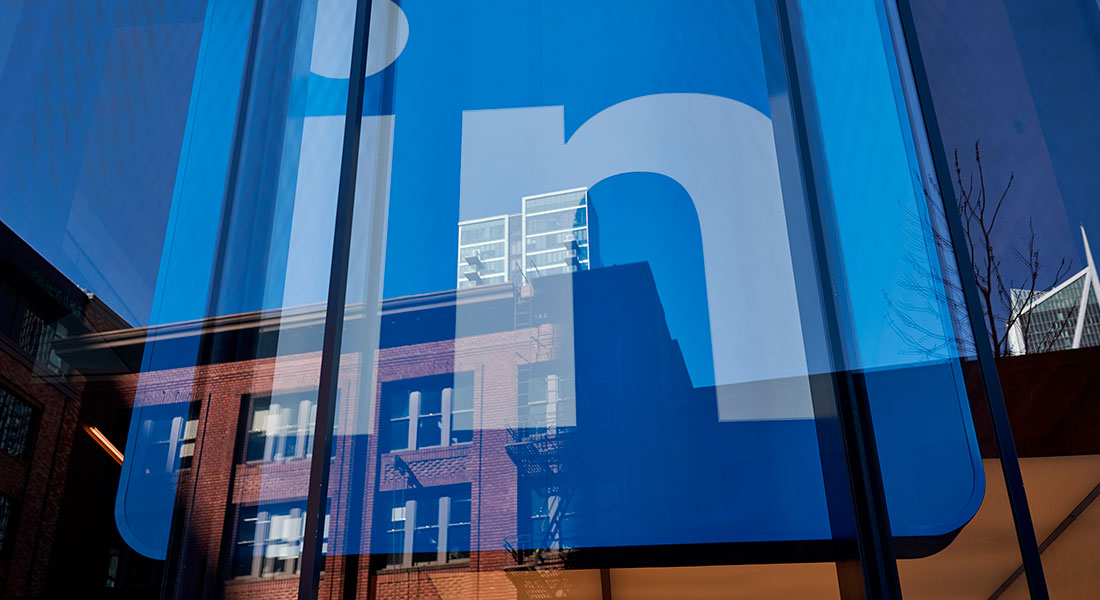


The word “toxic” has now become so common and so mainstream, that it has made its way into the “meme-and-joke” culture of our days. I’m not here to rant about that at all – in fact, I find it quite encouraging that we as a society are becoming more aware ( especially younger people), that there are indeed toxic relationships, toxic people, and toxic environments which can be both incredibly harmful and difficult to escape. Memes and jokes are, after all, the way in which society does at least some surface-level soul searching. The meme-fication of the word “toxic” worries me but also makes me appreciate the conversations occasionally emerging around it. But what does it mean exactly, to say that a workplace is “toxic”, in a psychological or socio-emotional sense?...
For the time being, I guess we have an easier time defining “toxicity” in people. For example – and especially – when dealing with specific personality spectrums like narcissism or psychopathy, which can cause incredible psychological harm to the people living around individuals who have them. They’re emotionally draining, lacking in empathy, always ready to place blame and responsibility upon others, and they give back much less (if at all) than they take from those involved with them. We are starting to recognize that workplaces can, in a way, have some of those traits. A particular work environment can be physically and psychologically draining, while offering very little actual professional growth in return.
I guess the difficulty lies in drawing the line between those places, activities or results which require hard work and solid labor ethics ( desirable traits, of course), and the places or employers which are simply engaging in good old-fashioned exploitation, or the timeless practice of requiring from one employee the amount of work normally done by two or more. It’s a common practice to do that and then accuse any complainers of “fragility” or “laziness”. This also gets easily conflated with the usual ‘rants’ against millennials, centennials, Gen-Z or whatever cohort it’s now fashionable to complain about; raving on and on about how “they just don’t want to work anymore!”, “they’re the snowflake or crystal generation”. I, for one, do not wish to jump on the simplistic bandwagon of these complaints. I have seen immense positives when interacting with the younger generation: they’re diverse, and they know and embrace it. They’re much more accepting of innate individual difference than their parents were; so much more aware of mental health issues; and so many of them are now progressive beyond our wildest dreams on a variety of issues. As with any generation in human history, some are hard working and some can’t be bothered – people have complained about the “vices and laziness of today’s youth” since the times of Socrates.
So when people, especially younger people, complain about “toxic workplaces” or “toxic work cultures”, I have no doubt that they often have a point. Current generations are aware of the importance of work-life-family balance – and we all witnessed a flashlight being shone upon ugly underbellies of this issue during COVID lockdowns. While it’s undeniable that some young people expect to advance professionally much more quickly than it’s realistic, and while some of them are unbearably entitled and overdue for a dose of reality (things that are also not new in and of themselves); others are correctly pointing out unfair exploitation or abuse when they see it – and calling it what it is.









